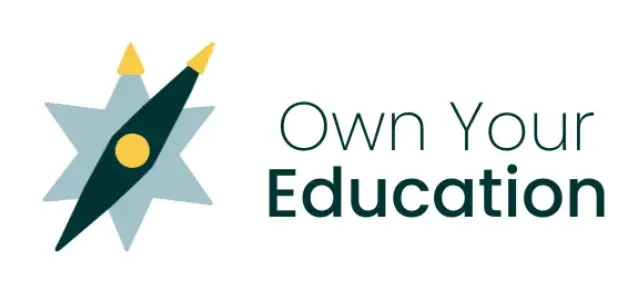Homeschool Guide
Homeschooling is legal in Portugal, but it is subject to certain rules. Parents wishing to educate their children at home must obtain prior authorisation from the Ministry of Education and submit a detailed plan (educational project) defining their objectives and teaching methods. In addition, in order to practise homeschooling in accordance with the law, the person responsible for education must hold a university degree and enrol their children in equivalence tests.
To practice homeschooling in Portugal through the Portuguese education system, you must ask your local school board for authorisation and follow the national curriculum guidelines. It is also advisable to join a homeschooling association to get support and resources. In addition, you should keep detailed records of your child's progress and take part in regular assessments.
To include in the request
- Information about the guardian (including a university degree for home education);
- Identification of the guardian (proof of teaching qualification in the case of individual education);
- Identification of the student and the school year;
- Explanation of the grounds for the claim.
Notes
- The guardian's criminal record and qualification certificate are compulsory.
- The educational guardian is responsible for a single pupil or student, unless they belong to the same household.
- Homeschool 15 working days from the date the request is registered with the school.
- "Ensino individual": 10 working days from the date the application is registered at the school.
- The collaboration protocol is considered conditional during the waiting period and only becomes effective once the collaboration protocol has been signed.
- The collaboration protocol lasts for one year and can be renewed or amended by mutual agreement.
Needs to include
-
- The agreed conditions, such as the frequency of meetings (at least 1 face-to-face session coinciding with the end of the school year);
- The participants in the educational process and their responsibilities;
- Explanation of the curriculum management to be adopted (educational method), which should be based on essential learning, as well as the themes of the National Strategy for Citizenship Education;
- Methods of supervising and monitoring learning;
Portuguese should be the language of instruction, with the possibility of parts of the curriculum being taught in a foreign language included in the national curriculum (as long as the educational leader demonstrates linguistic proficiency and the school offers this).
Monitoring the educational process
- Discussion of the portfolio and evidence of learning;
- Appreciation of the work carried out by the educational manager;
- Student self-assessment.
Obrigations
- Collaboration protocol;
- Frequency equivalence tests, basic education final exams and national final exams (4th, 6th, 9th and 12th grades);
- Participation in school meetings and delivery of the portfolio
Rights according to Decree-Law no. 70/2021 of 3 August all children in home education also have:
- The right to school social services;
- Access to curricular enrichment activities;
- Free textbooks.
